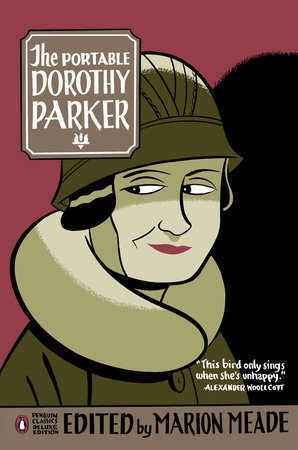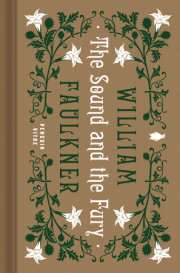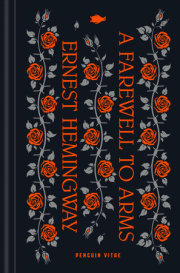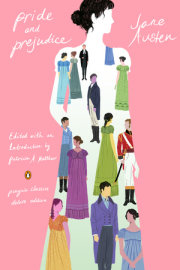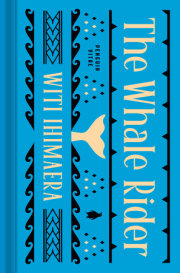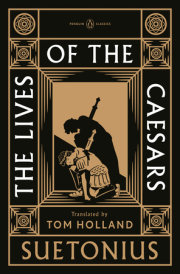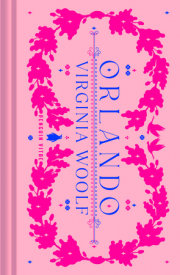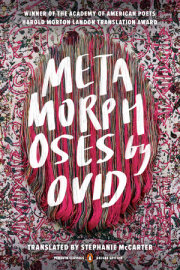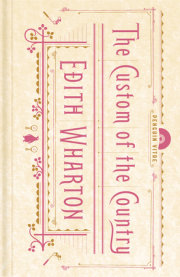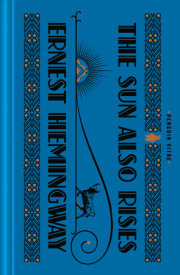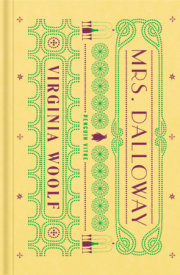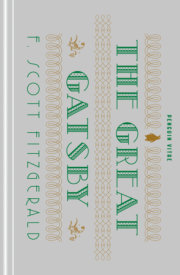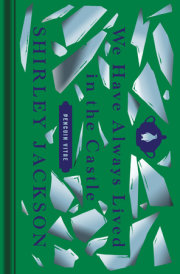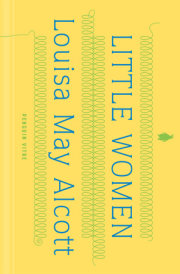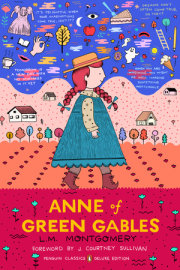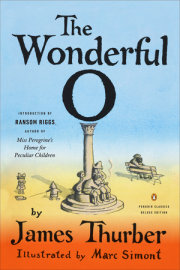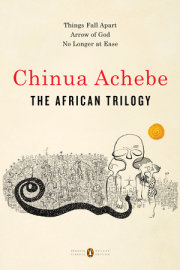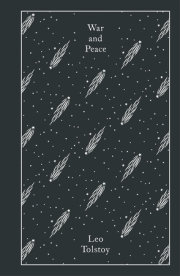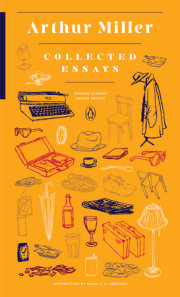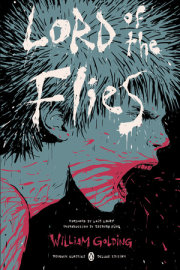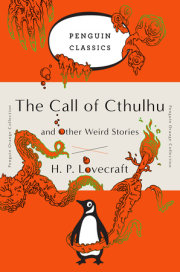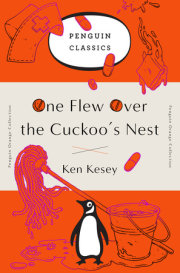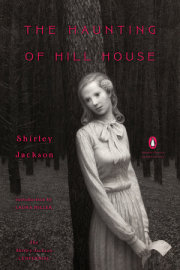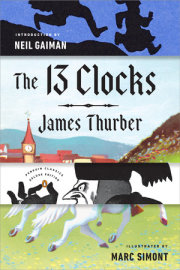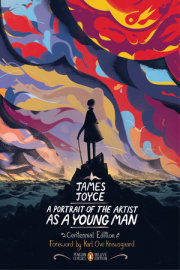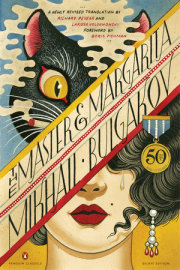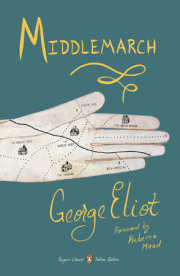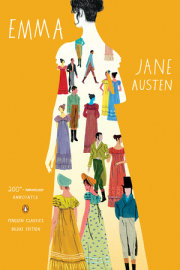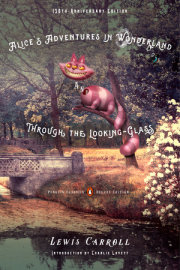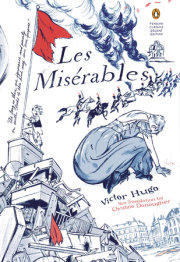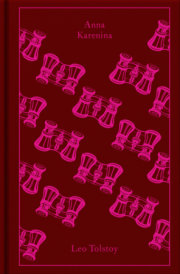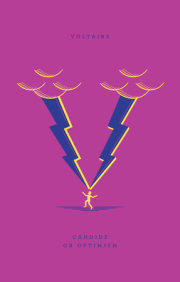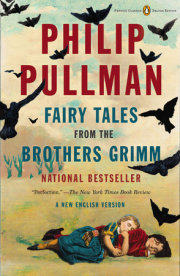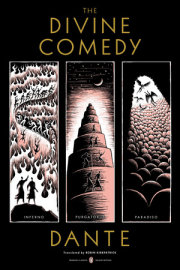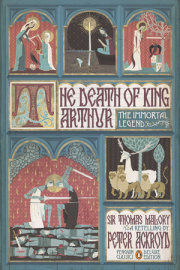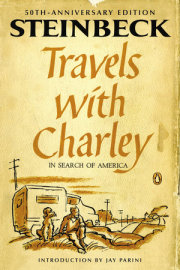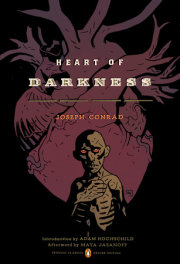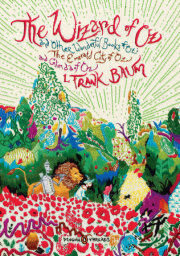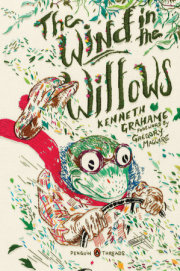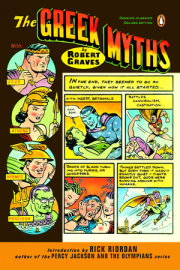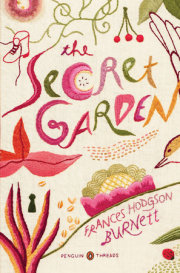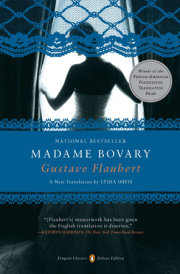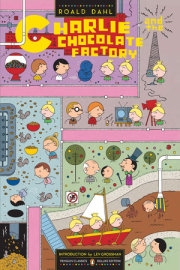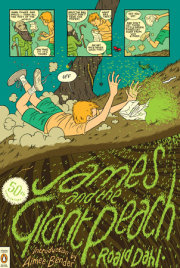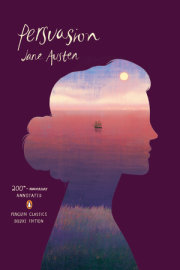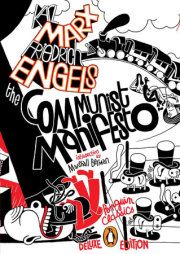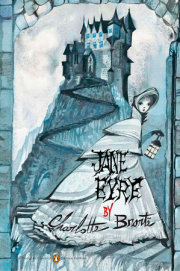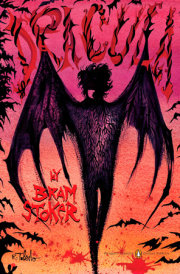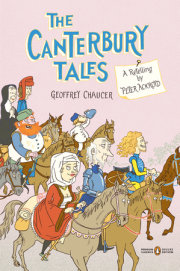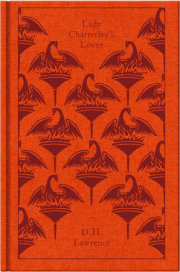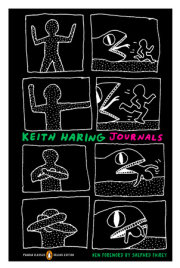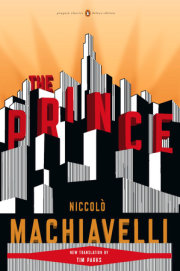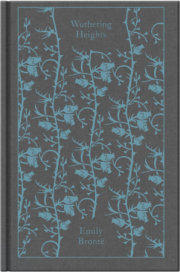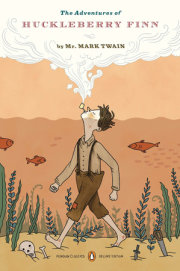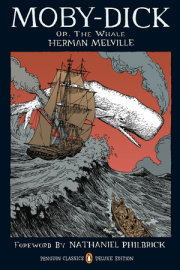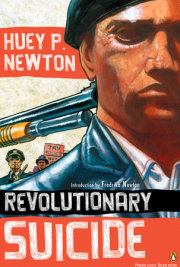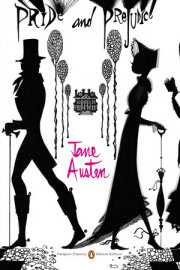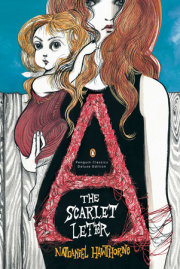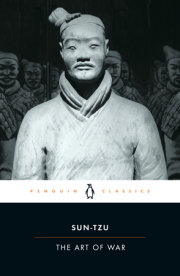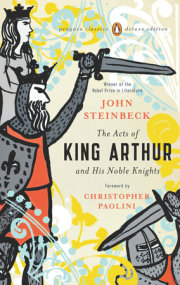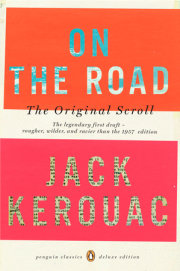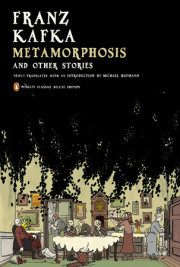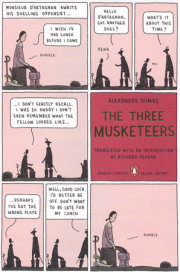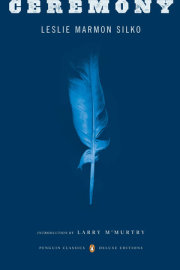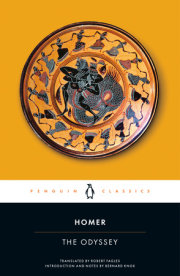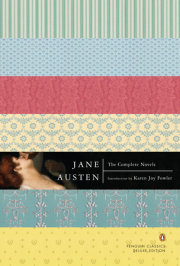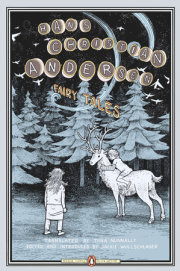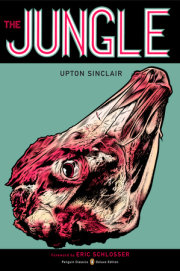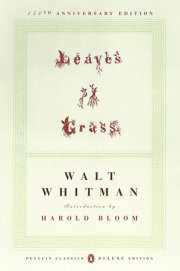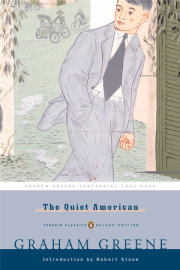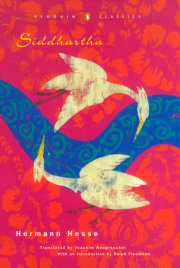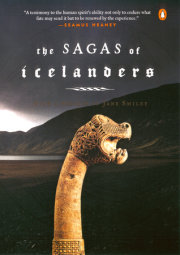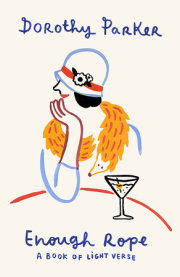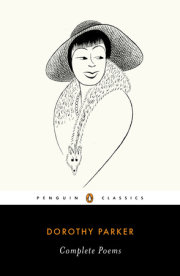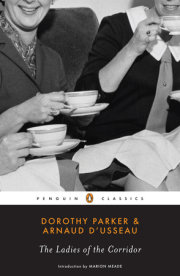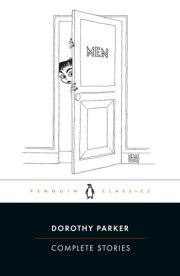The Portable Dorothy ParkerIntroduction
Suggestions for Further Reading
Part One: The Original Portable as Arranged by Dorothy Parker in1944
The Lovely Leave
Arrangement in Black and White
The Sexes
The Standard of Living
Mr. Durant
The Waltz
The Wonderful Old Gentleman
Song of the Shirt, 1941
Enough Rope (Poems)
A Telephone Call
Here We Are
Dusk before Fireworks
You Were Perfectly Fine
Mrs. Hofstadter on Josephine Street
Soldiers of the Republic
Too Bad
The Last Tea
Big Blonde
Sunset Gun (Poems)
Just A Little One
Lady with a Lamp
The Little Hours
Horsie
Glory in the Daytime
New York to Detroit
Death and Taxes (Poems)
The Custard Heart
From the Diary of a New York Lady
Cousin Larry
Little Curtis
Sentiment
Clothe the Naked
War Song (Poem)
Part Two: Other Writings
Such a Pretty Little Picture, Smart Set, December 1922
Advice to the Little Peyton Girl, Harper's Bazaar, February 1933
The Game, Cosmopolitan, December 1948
The Banquet of Crow, The New Yorker, December 14, 1957
The Bolt Behind the Blue, Esquire, December 1958
Interior Desecration, Vogue, April 15, 1917
Week's End, (New York) Life, July 21, 1927
My Home Town, McCall's, January 1928
Not Enough, New Masses, March 14, 1939
Destructive Decoration, House and Garden, November 1942
From Vanity Fair, 1918-1919
Hedda Gabler by Henrik Ibsen
An Ideal Husband by Oscar Wilde
Redemption by Leo Tolstoi
Dear Brutus by J. M. Barrie
From Ainslee's (In Broadway Playhouses), 1921
The Emperor Jones by Eugene O'Neill
Ziegfeld Follies of 1921
From The New Yorker (Substituting for Robert Benchley), 1931
The Barretts of Wimpole Street by Rudolf Besier
Give Me Yesterday by A. A. Milne
The Admirable Crichton by J. M. Barrie
From The New Yorker (Constant Reader), 1927-1931
The President's Daughter by Nan Britton
Men Without Women by Ernest Hemingway
Happiness by William Lyon Phelps
A President Is Born by Fannie Hurst; Claire Ambler by Booth Tarkington
Literary Rotarians
Appendicitis by Thew Wright, M.D.; Art of the Night by George Jean Nathan
The House at Pooh Corner by A. A. Milne
Round Up by Ring Lardner
Forty Thousand Sublime and Beautiful Thoughts, compiled by Charles Noel Douglas
The Glass Key by Dashiell Hammett
Dawn by Theodore Dreiser
The Grandmother of the Aunt of the Gardener
From The New York Times Book Review, 1957
The Road to Miltown, Or Under the Spreading Atrophy by S. J. Perelman
From Esqure, 1958-1959
The American Earthquake by Edmund Wilson; The Subterraneans by Jack Kerouac; Ice Palace by Edna Ferber
Breakfast at Tiffany's by Truman Capote; The Poorhouse Fair by John Updike
The Years With Ross by James Thurber
Part Three: A Dorothy Parker Sampler
Any Porch, Vanity Fair, September 15, 1915
Sorry, the Line Is Busy, Life, April 21, 1921
In the Throes, (New York) Life, September 16, 1924
For R.C.B., The New Yorker, January 7, 1928
Untitled Birthday Lament, c. 1927
The Garter, The New Yorker, September 8, 1928
Sophisticated Poetry—and the Hell With It, New Masses, June 27, 1939
Introduction: The Seal in the Bedroom and Other Predicaments, by James Thurber, 1932
The Function of the Writer, Address, Esquire Magazine Symposium, October 1958 (extract)
New York at 6:30 P.M., Esquire, November 1964
Self-Portrait from The Paris Review, "Writers at Work," 1956
Letters 1905-1962
To Henry Rothschild, 1905
To Henry Rothschild, 1905
To Harold Ross, 1927
To Harold Ross, no date
To Seward Collins, 1927
To Helen Rothschild Droste, 1929
To Robert Charles Benchley, 1929
To Sara and Gerald Murphy, 1934
To F. Scott Fitzgerald, 1934
To Alexander Woolcott, 1935
To Harold Guinzburg, 1935
To Helen Rothschild Grimwood, c. 1939
To Malcolm Cowley, 1958
To Morton Zabel, 1958
To John Patrick, 1962
Index

